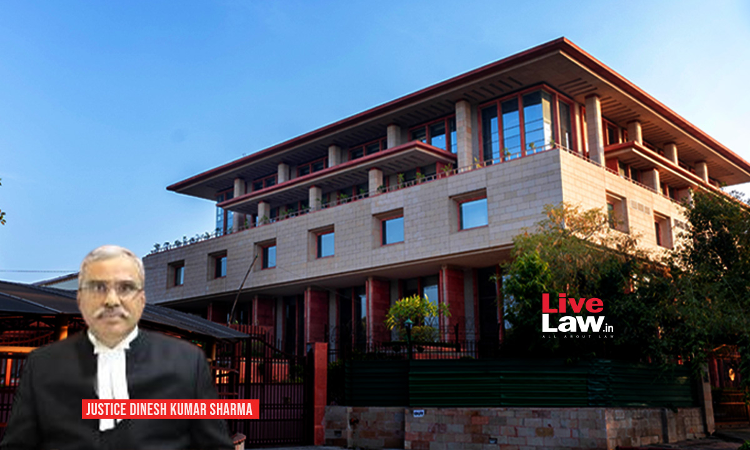The Delhi High Court bench of Justice Dinesh Kumar Sharma has affirmed that Arbitrators do not have the power to unilaterally issue binding and enforceable orders determining their own fees. A unilateral determination of fees violates the principles of party autonomy and the doctrine of the prohibition of in rem suam decisions, ie., the arbitrators cannot be a judge of their own private...

